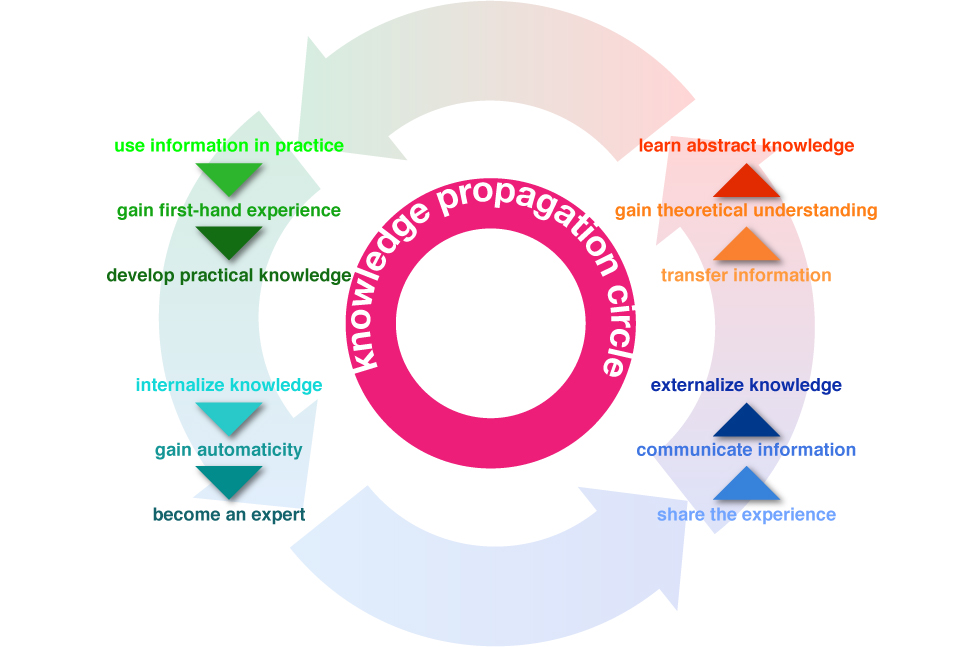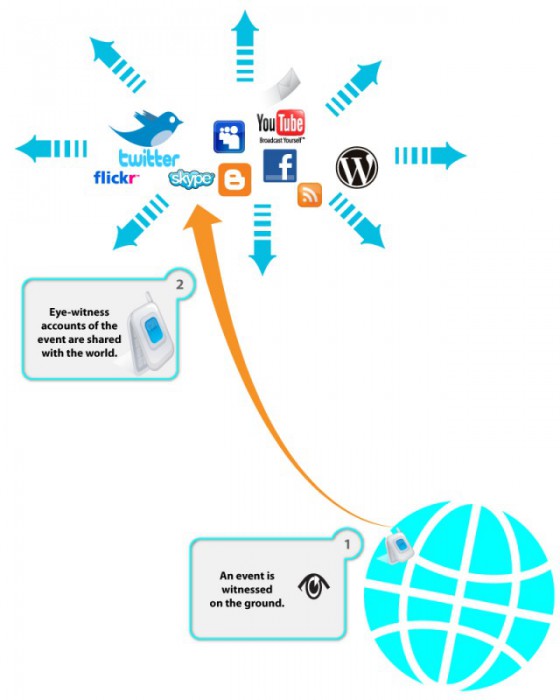
American Academy of Pediatrics (AAP) came out with a strong recommendation against the use of bumpers in cribs. The September 2007 issue of The Journal of Pediatrics examined deaths and injuries attributed to infant crib bumper pads: “Twenty-seven accidental deaths reported by medical examiners or coroners were attributed to bumper pads. The mechanism of death included suffocation and strangulation by bumper ties. Twenty-five nonfatal injuries were identified, and most consisted of minor contusions. All retail bumpers had hazardous properties.” AAP has finally announced that it is formally against bumpers. That certainly took a while. And, amazingly, the bumper pads are still for sale by all major baby room outfitters, and parents are still buying them and using them with their beloved offspring. Why? Why would parents knowingly endanger their children? This is an interesting case of Mental Model Traps, Mirroring Errors, and Cognitive Blindness. Mental Model Traps Let’s start by Mental Model Traps that parents fall into in this particular case. To do this, we need to back up in time a bit. The design of children’s beds had undergone considerable evolution over the last few centuries. Cribs used to be just large baskets with tightly woven sides. The weave…





